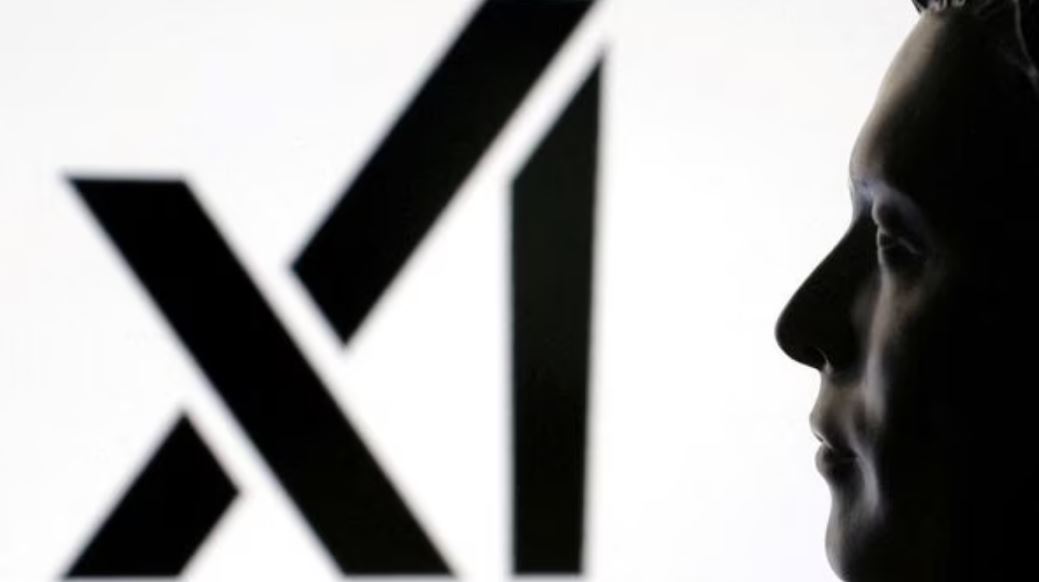I have just been reading the Financial Gazette interview of Dr Lance Mambondiani, the CEO of Steward Bank. I guess he is becoming one of the best known CEO’s of any financial services business isn’t he? I was skeptical about reading the interview initially because I thought this is just some spin but I did get something out of the interview.
The Broadband Economy that we keep talking about can be a very cruel place. For your business to survive the crazy changes that are coming as a result of the internet’s disruption of distribution chains you need to anticipate these changes and get ahead of them otherwise you are toast. The problem with being toast is that you almost always never know that you are toast until you are on the breakfast table.
As with most things on this planet, anticipating change and transforming yourself to meet it poses a contradiction. The contradiction to change is change itself. Let me explain. New life means old death; changing into the new means changing from the old and there lies the contradiction. The joy of being progressive comes associated with the pain of breaking the mold of tradition. I believe this is where Steward Bank is and they have to figure out this paradox and figure it out fast.
They are not wrong to believe in a future where banks have no branches. In fact their error is to believe that this is the future, no this is the present! All the brick and mortar banks we see around are the reality of a world past. As connectivity increases, there will be less and less need for people to travel for commercial purposes. We will and indeed we are working from our homes, shopping from our homes etc. Travel outside the front door will more and more be restricted to leisure purposes because even the social is being fulfilled online.
In this new world which is quite on the brink of reality, banks have to transform themselves from mere deposit receipts and lending roles but the golden egg will be in facilitating transactions. Every transaction will be electronic (in Zimbabwe 75% already are). The currency might even be bitcoin or other crytos which explains why countries like Japan have already regularised bitcoin as legal tender. In this game of transactions your competitive edge as a bank will no longer be the number of high net worth customers you have but the number of customers you have!
You see, 10 billionaires will hardly transact to the tune of a million dollars every day, what the hell will they be buying everyday? However, one hundred thousand customers who earn $500 a month will probably spend on average above $10 per day translating into more than a million dollars. What will they be buying? Bread, milk, kombi, dry cleaning, tomatoes, kids’ pocket money, airtime, mabhisvo… In the #BroadbandEconomy the bank that holds the masses wins over the one that has the affluent few.
A Techzim reader once wrote in the comments that banks make or should make money from deposits and lending. Should they? In Zimbabwe, banks lost money through that (non performing loans). Who made the money whilst banks had non performing loans? Ecocash. Why? Masses transacting! That is what technology has done, it has taught economics a lesson on democracy.
So Steward Bank is probably pursuing the most relevant path in the #BroadbandEconomy whether determinedly or by accident. However, this looking ahead demands people who are willing to abandon all concepts of what’s known. They have to think in new terms and coin up new language. I suppose the Wright brothers had to create and name a few things to achieve flight. If they had restricted themselves to defining things according to what was already familiar I don’t know if we would have aeroplanes today.
Whoever was responsible for IT systems deployment at Steward Bank probably did not understand that they were not an old world deposit and lending institution but a mass transactions platform. They built systems that belong to the old world for a new world where broadband rules, these cracked. This is very dangerous because someone is watching and imitating fast. The burden of the pioneer is to go for it, fail but recover quickly otherwise you will seem foolish. People will say you don’t understand banking, perhaps you don’t but that is what qualifies you to disrupt the model. Right now Steward Bank has to manage the backlash, get up and do exactly what they have been doing but keeping the systems working this time.
When you look closely at the #BroadbandEconomy or any economic revolution really, you discover that the guy at number 2 usually has advantage over the number 1 dude. Thomas Edison was the first to the electricity table but it is Nikola Tesla’s solution that we most widely use today. Steward Bank you better watch your back. The best way to do so is to make this work soon and fast. I think that they are on the right track having recently recruited non typical bank IT people to head up their information infrastructure. I wish them well.
On a final note, we will be having Dr Lance Mambondiani at the Broadband Economy Conference and it will be interesting to know if he sees the present as I see it. It will be great to know what his interpretation of the systems challenges at his bank really is. #BroadbandEconomy














Comments
5 responses
Good article. I believe this is not the first time I’ve commented saying this. Also, a very interesting picture you paint of the #BroadbandEconomy, and I concur it is the right one. Other industries need to start looking at this and start thinking about this economy shift.
Yes. Disruption is going to be the order of the day, business models are going to keep changing. I believe competitiveness is moving away from product, brand etc to business models. May the best business model win
The number of account holders is also becoming insignificant – but the number and type of transactions.
Most banks are reluctant to be the “guinea pigs” when introducing an IT product. They want assurance (audit trail, security blah blah) to ensure that it works, has been proven to work and is resilient. Remember also that banks are “manacled” to compliance especially on branded products – Visa, Mastercard, National Switches etc. This kind of mindset will also have to change because, in my view, it is one of the fundamental change constrictors.
Yes you are very right, it’s about volume of transactions!
Yah that’s always the difficult hurdle to innovation, who volunteers to be the guinea pig? And sadly guinea pigs get it rough and they sometimes die
I agree also that the pioneer suffers more than the imitators, the problem with pioneers is they suffer the unknown problems and issues first, those who come after will have lean’t from the leader’s mistakes and have perfected them that they would seem like they have the best solution when they would just have corrected the leaders’ mistakes or just taken evasive action on potential pitfalls.
As much as the customers are frustrated at the moment..i also think there might be in for a good future if they can manage to ride these rough tides…
Time will tell..but anyone who is into innovation and who is not afraid of being the first appeals to me..i think i will also open and account and try out their innovation..